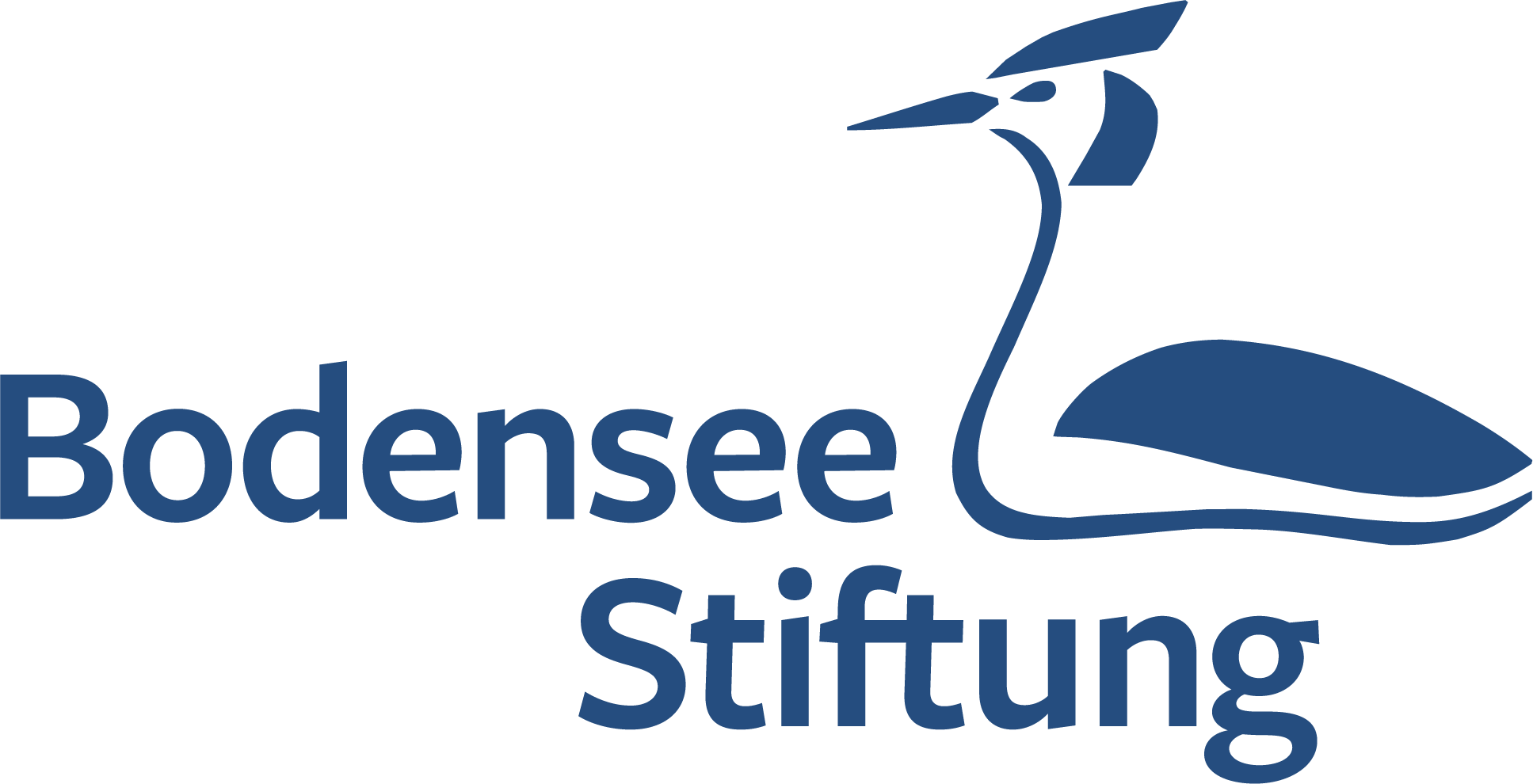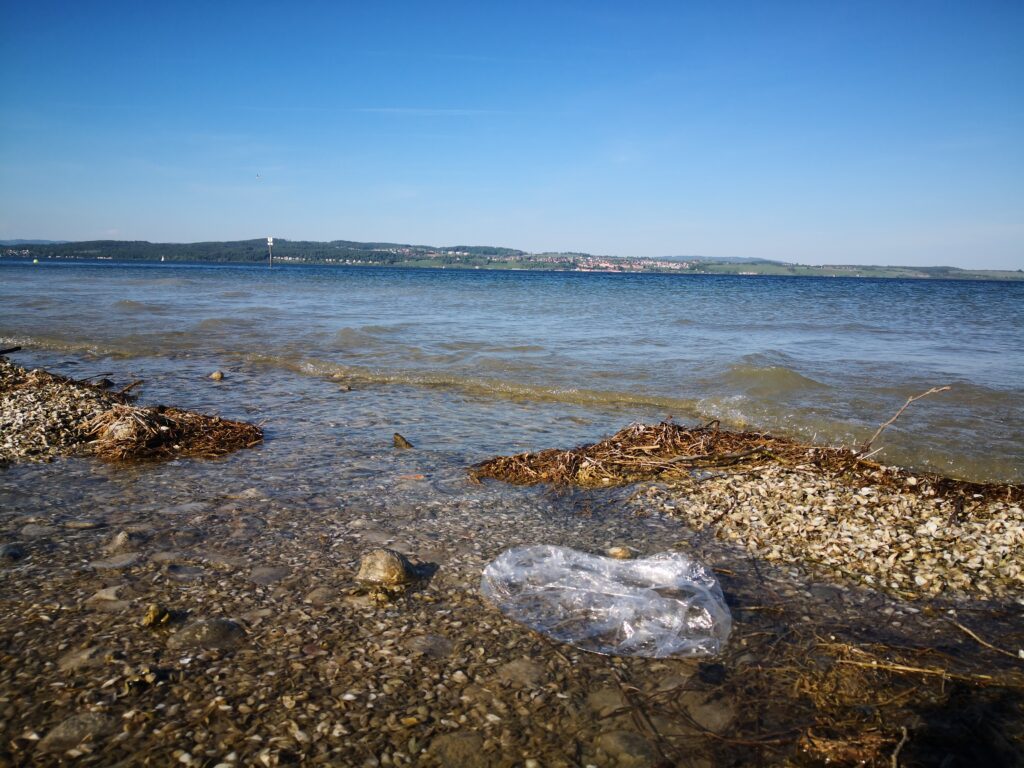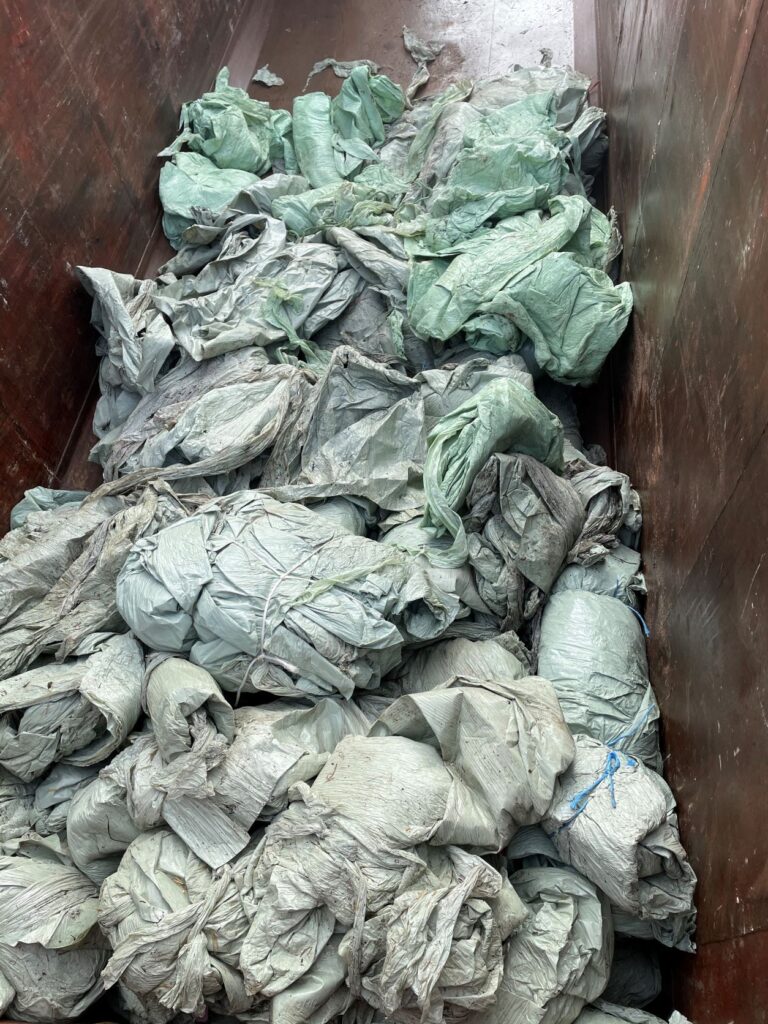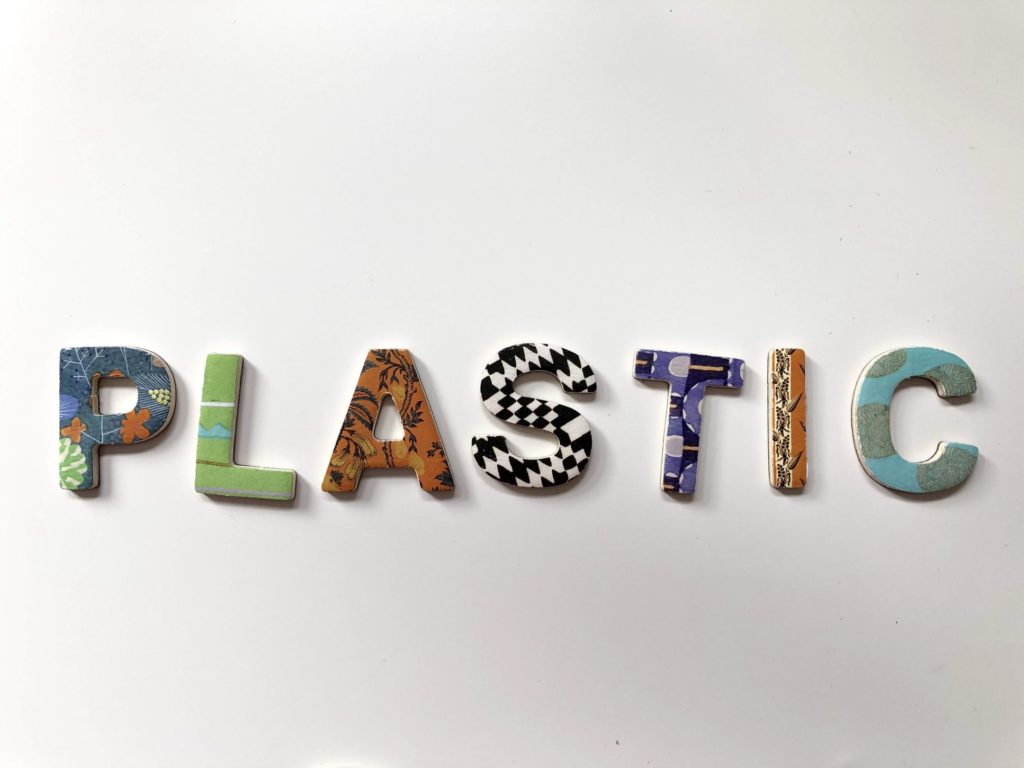Clean Lakes, Clean Future
Working together to reduce microplastics in the Lake Constance region
Field of action: Nature and Lake Conservation
Project goals: Reducing the input of microplastics into water bodies: raising awareness and implementing solutions
Project area: Lake Constance region, focus on Switzerland and Germany
Duration: Continuous
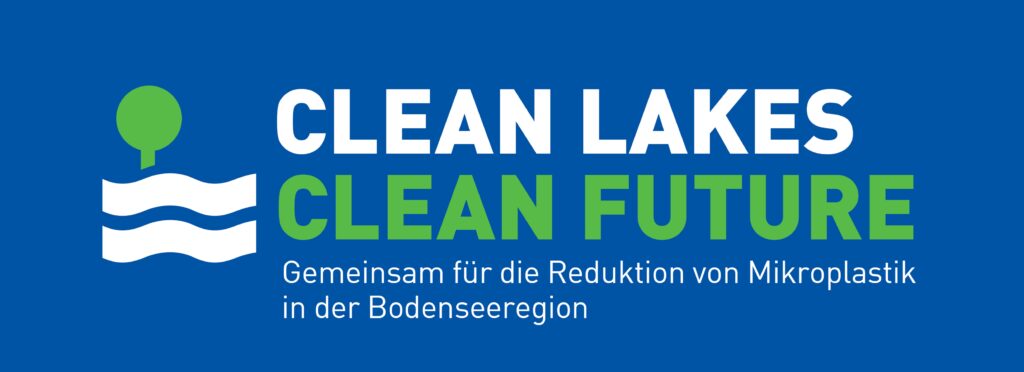
Background
Plastic waste is an increasing problem in water pollution worldwide. Plastic does not dissolve, but remains in the environment, even if weather influences cause the material to break down into smaller and smaller particles. The amount of microplastics (very small plastic particles, smaller than 5 mm) is steadily increasing in aquatic and terrestrial ecosystems. In contrast to oceans, there is significantly less data and knowledge available on the effects on inland waters. Nevertheless, the studies carried out contain clear indications that the situation in lakes is comparable to that of seas. Microplastics have also been detected in Lake Constance fish.
Implementation
In order to avoid and reduce the entry of microplastics into Lake Constance, neighbouring communities, sports associations and agriculture are particularly addressed. The municipalities and municipalities are advised on possible measures and supported in their implementation. To this end, the Lake Constance Foundation has drawn up a catalogue of recommendations for action (see downloads), ranging from a cost-effective, low-threshold entry to technical solutions in sewage treatment plants. By signing a lake paper, municipalities and municipalities around Lake Constance can commit themselves to protecting the water body from plastic and microplastics.
Many athletes are also unaware that sports facilities, such as artificial turf pitches in particular, are a source of microplastic spread. The Lake Constance Foundation informs associations about how their members behave responsibly when using artificial turf pitches, and they are encouraged to replace the granulate infills of artificial turf pitches with more environmentally friendly alternatives.
Agriculture uses films in a variety of ways – from covering asparagus and strawberry fields to packing hay. As part of the project, they will be informed about recycling systems, and ways will be sought together to find pragmatic collection options.
With these and other measures, such as public lectures, residents are also sensitized to take a critical look at their plastic consumption in everyday life and, where possible, to reduce it.
The project builds on the experience of the EU Life project “Blue Lakes”.
Contact
Contact person: Gertrud Nußbaum
E-mail: gertrud.nussbaum@bodensee-stiftung.org
Phone: +49 7732 9995 43


